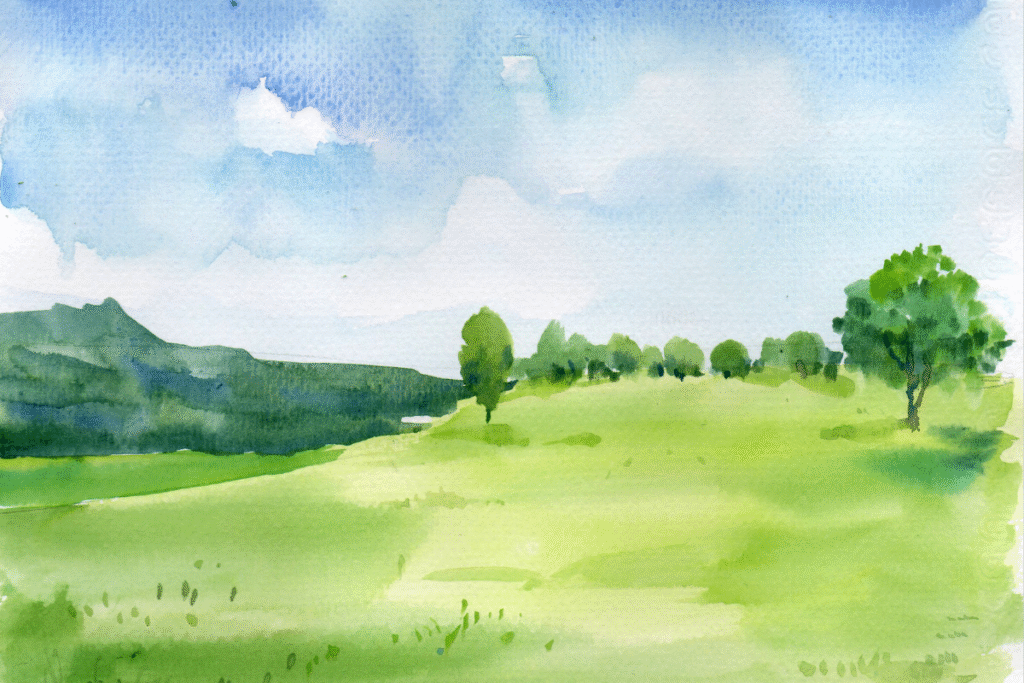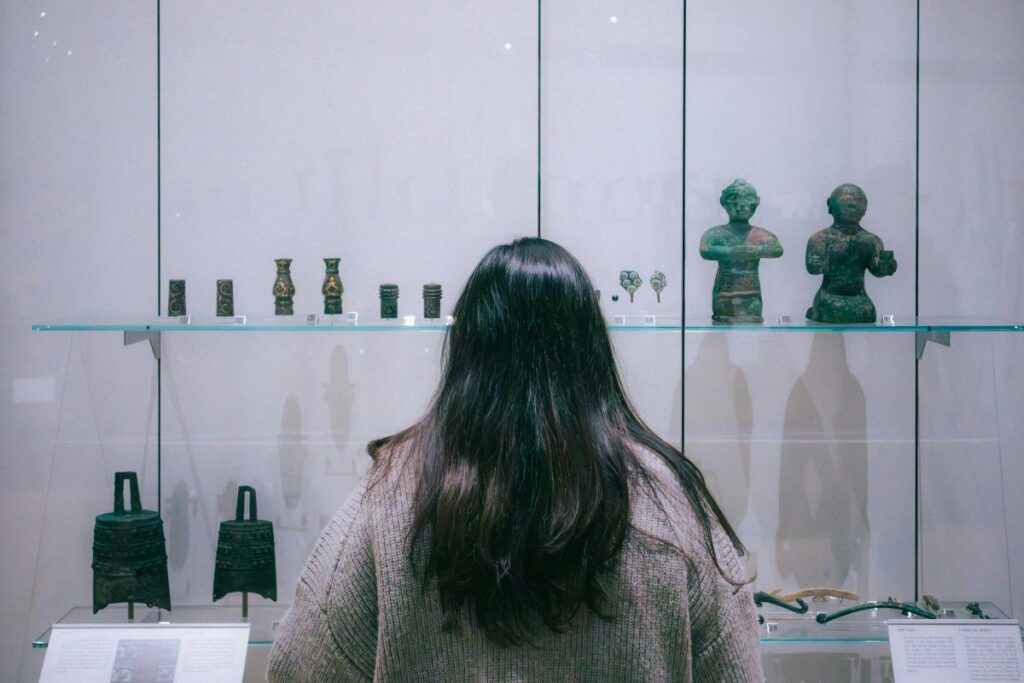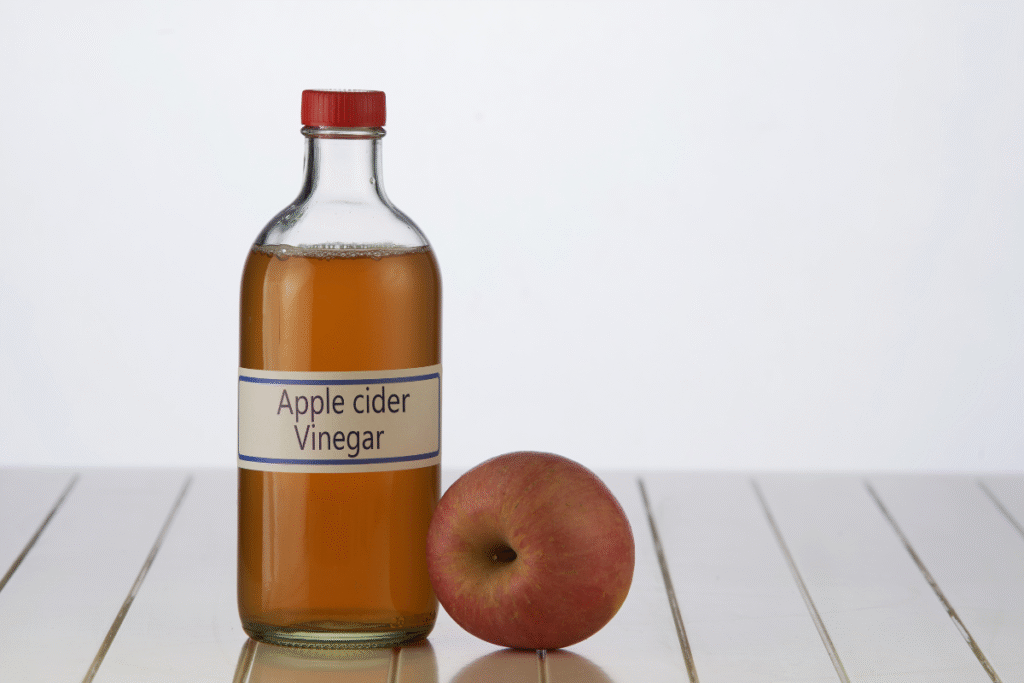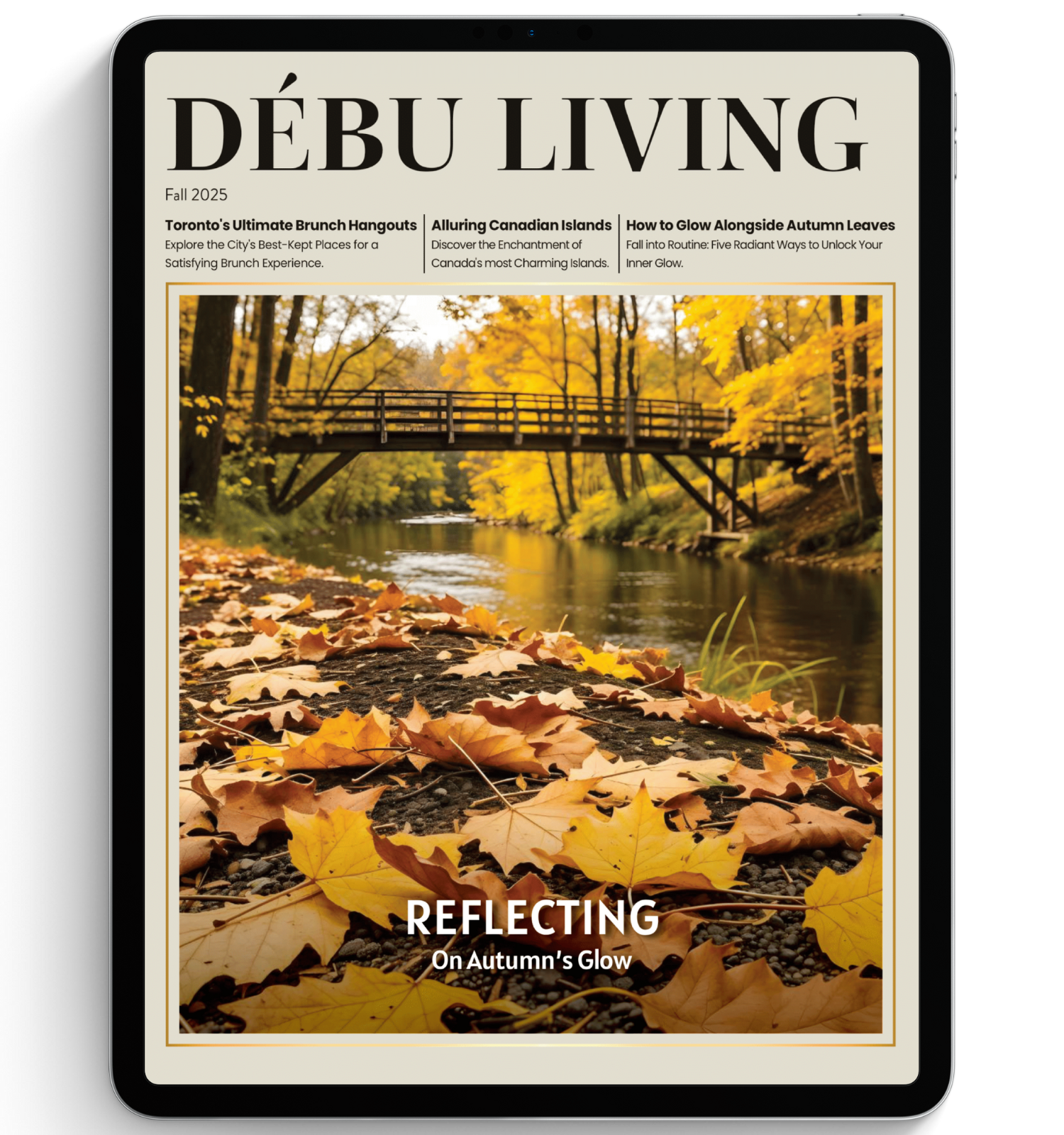Toronto-based chiropractor Dr. Peter Johnston takes a holistic approach to fitness, injury prevention, and pain management. His work and expertise focuses on helping individuals enhance their activity levels and active lifestyles, while supporting their recovery as well as daily lifestyle habits and routines. Dr. Johnston works with a wide variety of people – from those just starting their fitness journey to experienced athletes, as well as individuals looking to improve movement and mobility in their daily lives. Peter shares his insights on strength training and the importance of rest, as well as the essential benefits of community connection. He has over 19 years of experience as a trained chiropractor, registered massage therapist, and educator, as well as being a mentor and passionate advocate for fitness and wellbeing.
How can mobility and functional movements be further incorporated into daily routines?
I think for many folks, it can be common to have a hard time integrating mobility and rehab into their daily routine – which is something that I encounter very often in my practice. There is a great idea that I like a lot called “habit stacking”, which is described quite well in the book Atomic Habits [by James Clear]. Basically, if you have something that’s already a regular routine in your life – for example, brushing your teeth – you can pair rehab exercises with this daily task. After cleaning your teeth, go ahead and complete your rehab and mobility exercises for the day.
For those starting (or newer to) fitness, what’s a good starting point?
No wrong answers! It’s important to find an activity that you like and want to continue doing. Group classes, dancing or Zumba – find an option you love to do and are interested in continuing is a great approach. With regard to duration and intensity of exercises, I’d suggest starting with less than you think you need to. A lot of people have the misunderstanding that you need to do an hour of physical activity to get benefits. If you’re going from nothing, it would be very reasonable, for example, to start doing 15 minutes of brisk walking. Being more physically active than being sedentary is just a straight up win.
What advice would you have for more advanced athletes and fitness enthusiasts?
Consider rest as a variable. People who have been working out for a long time can be afraid of losing their gains. Don’t sleep on rest or de-loading. The difference between a cohort of people that take off zero months, and a cohort of people that take off three non-consecutive months, is no different for performance or size over a year. Your body will be able to push harder to make up for the “lost time”. If you haven’t taken a rest in a few months, or feeling sore around your joints, or noticing your sleep quality declining, or that you’ve significantly plateaued – then don’t hesitate to take anywhere between two to four weeks off.
What are a few underrated exercises and why are they important?
People miss out on the most muscle growth promoting, injury reducing aspect of exercise – which is the deep stretch and slow reversal out of the negative (or eccentric) part of the movement. That’s where all the good stuff is. Examples would be things like straight leg deadlifts, or dumbbell bench curl where you’re going to feel that deep stretch in the bottom position. You should be striving to position the technique where the muscle is the longest (feeling the most tension) for 0.5-2 seconds. You may have to lift less weight, which lowers your injury risk, gets more of what you want out of workouts, and may ding your pride.
What advice would you have to support mental wellbeing into daily routines?
Take every opportunity to make your experiences richer and connect with others. Context matters. Going for a walk is super dope. Going for a walk with your mom or reconnecting to your family is even more dope. Get out in nature. Dinner time is great, but dinner time with friends is even better. Anything you can do to add in community, connection and meaning is going be incredibly beneficial. Creating connections and support can help you to focus on your physical health, overall wellbeing and mental health. If you can’t start big, start small. If you can start, please do.
Stephanie Hawkins | Contributing Writer














